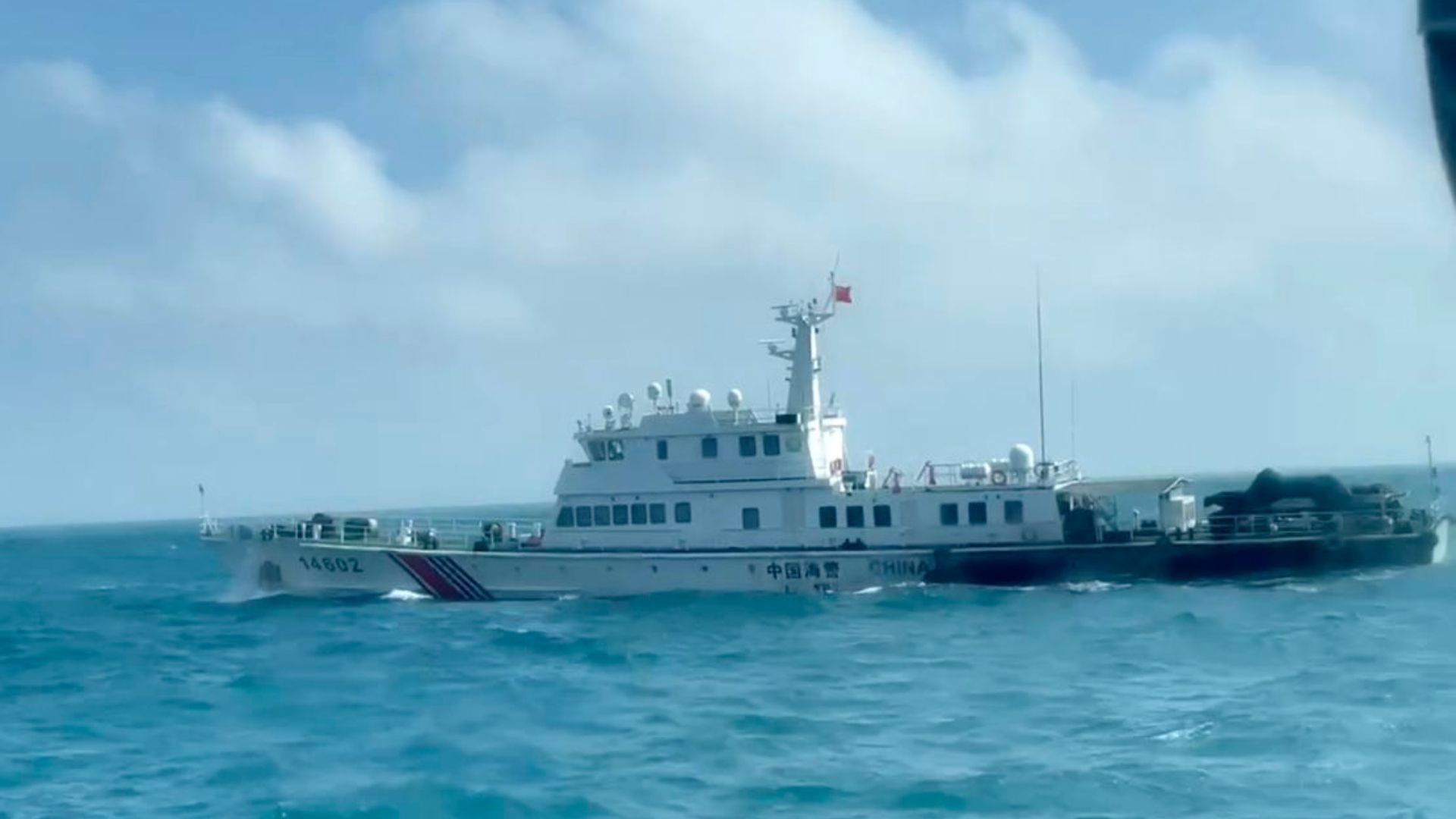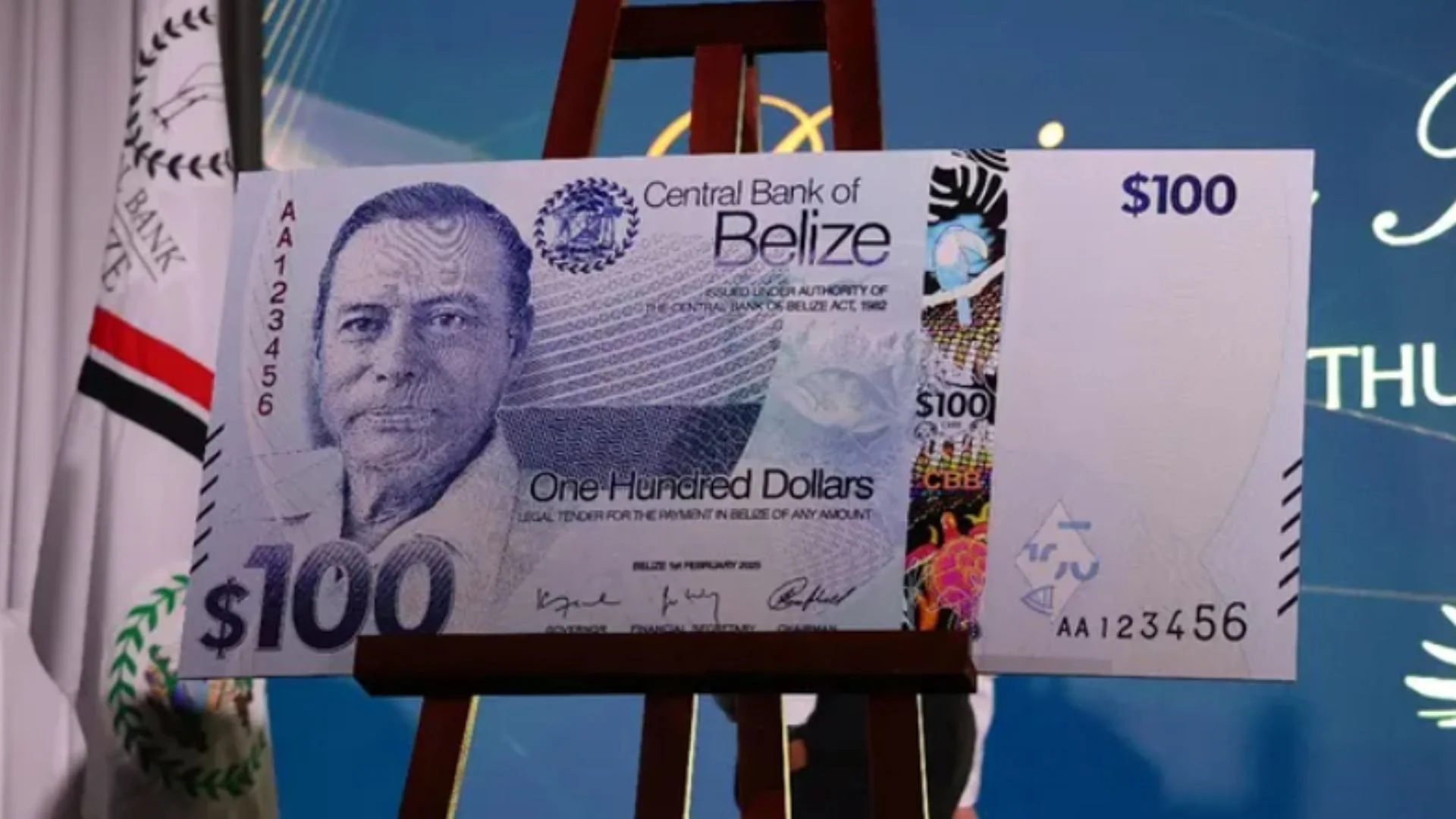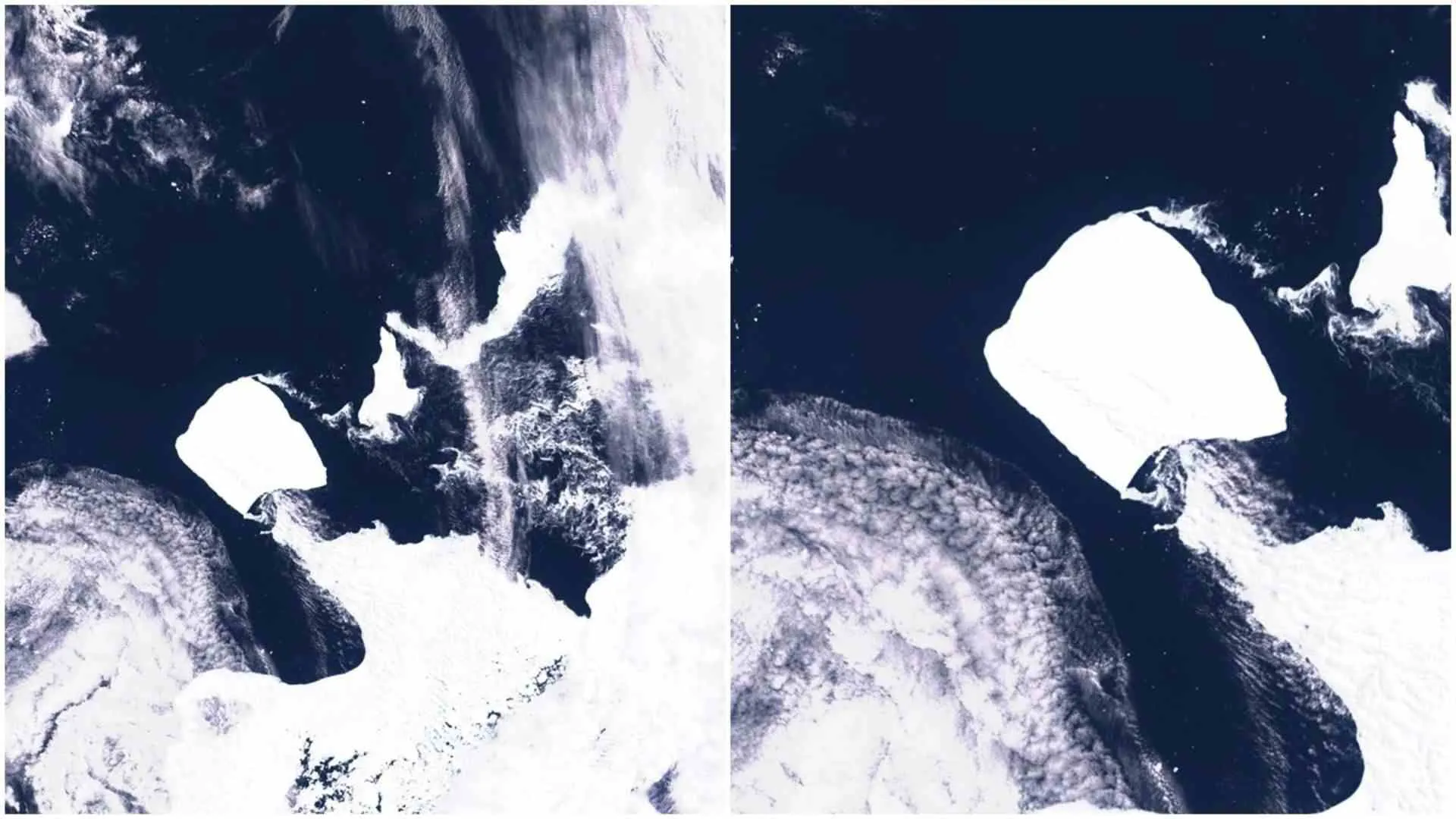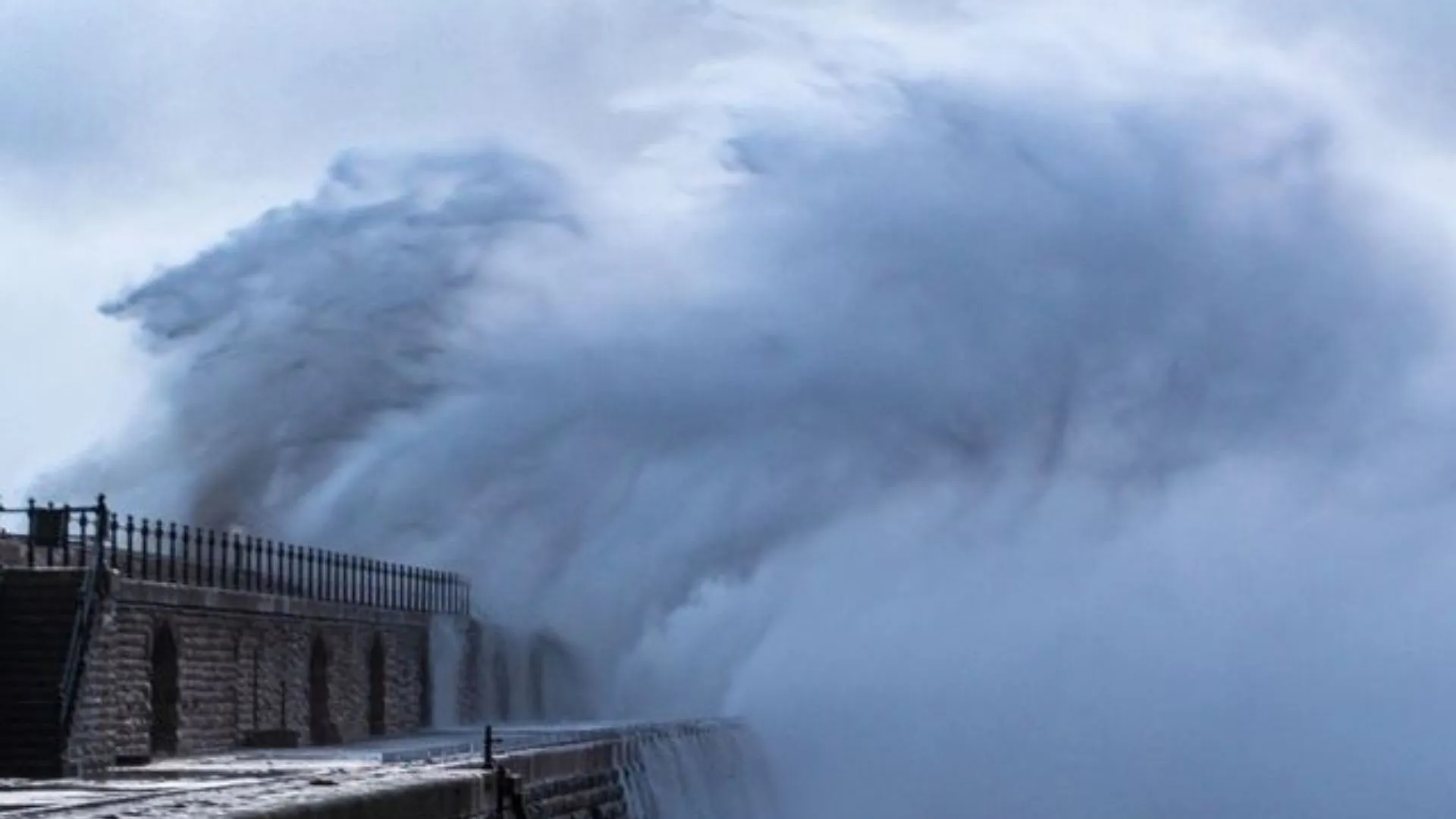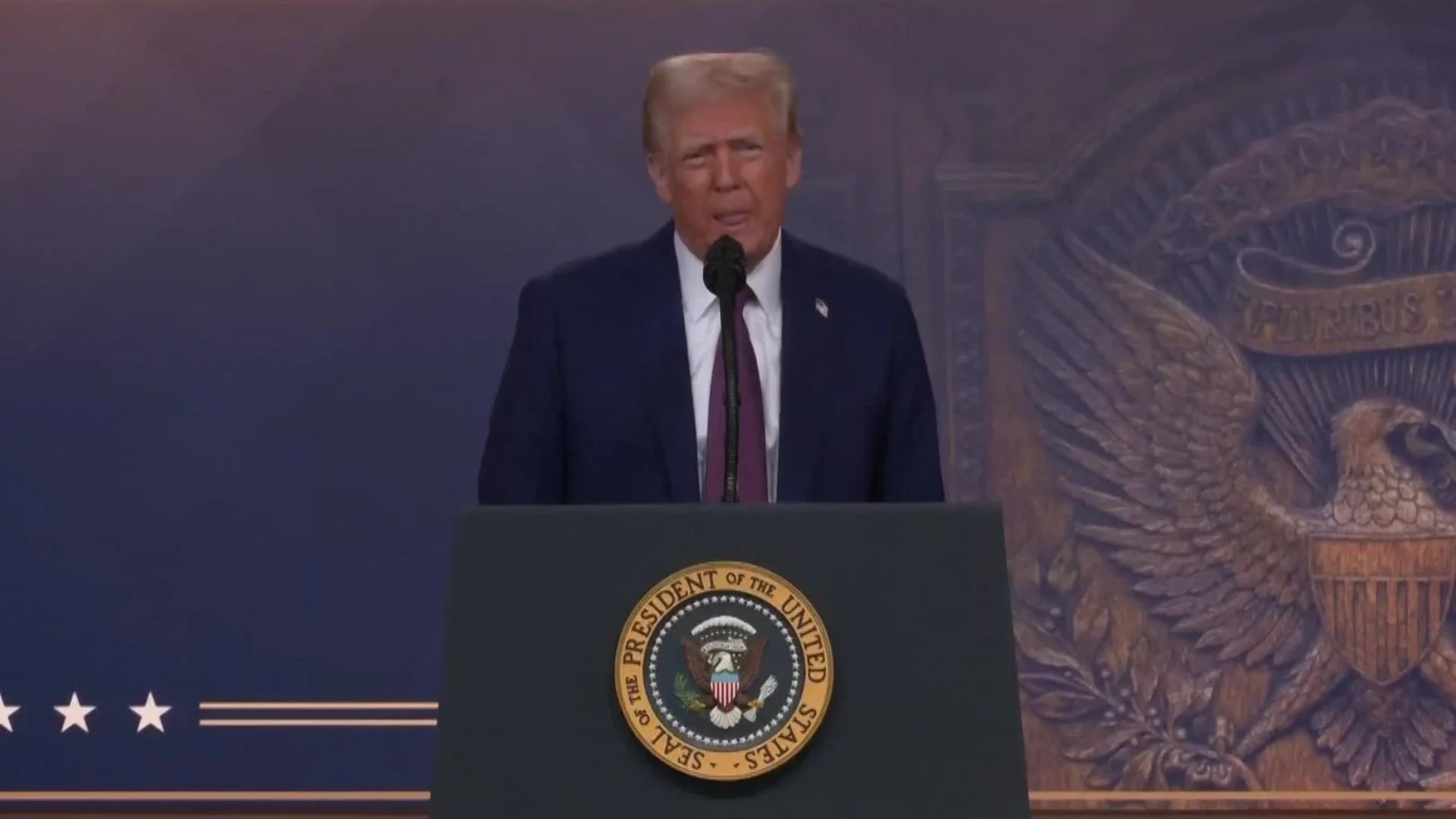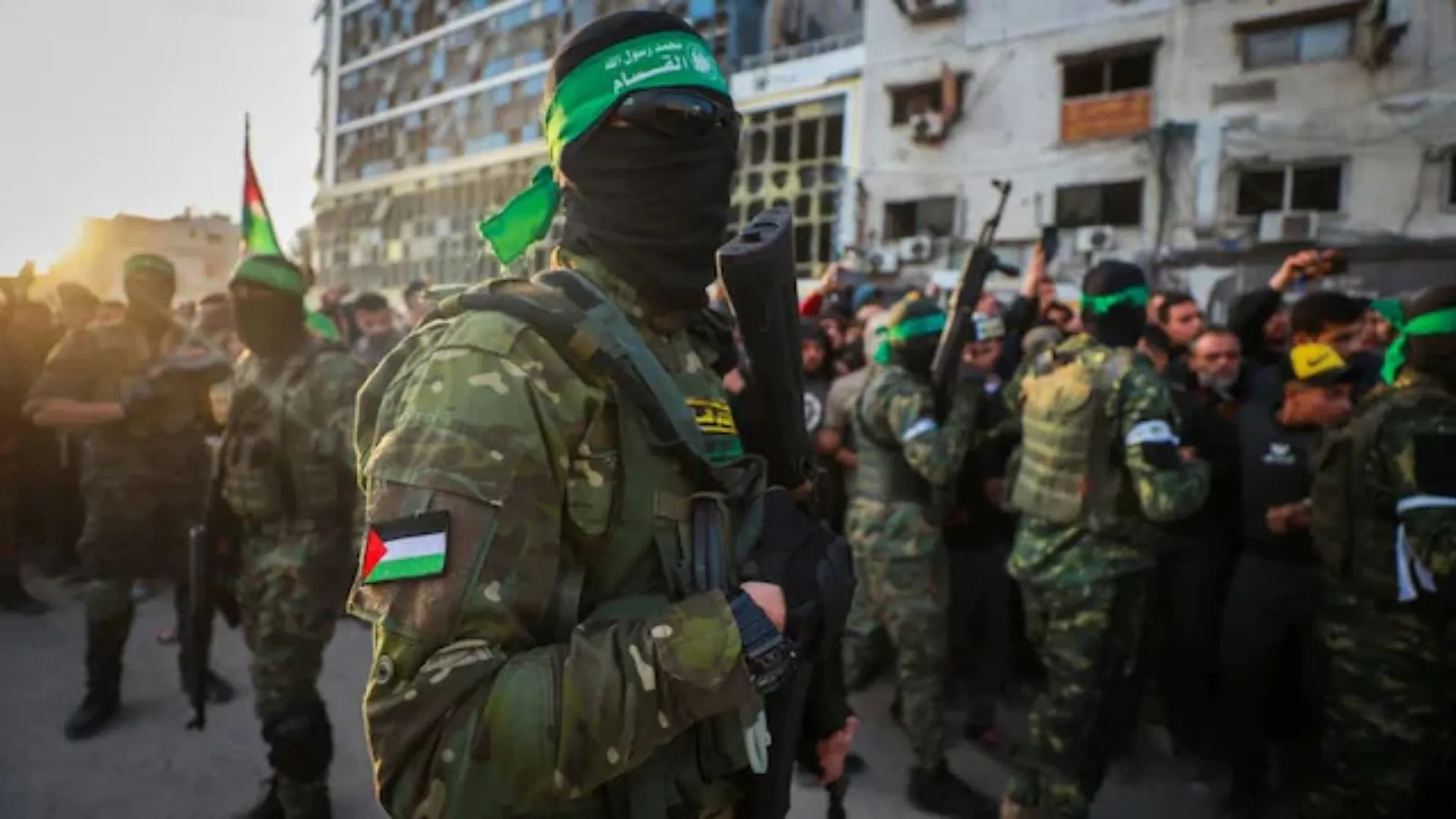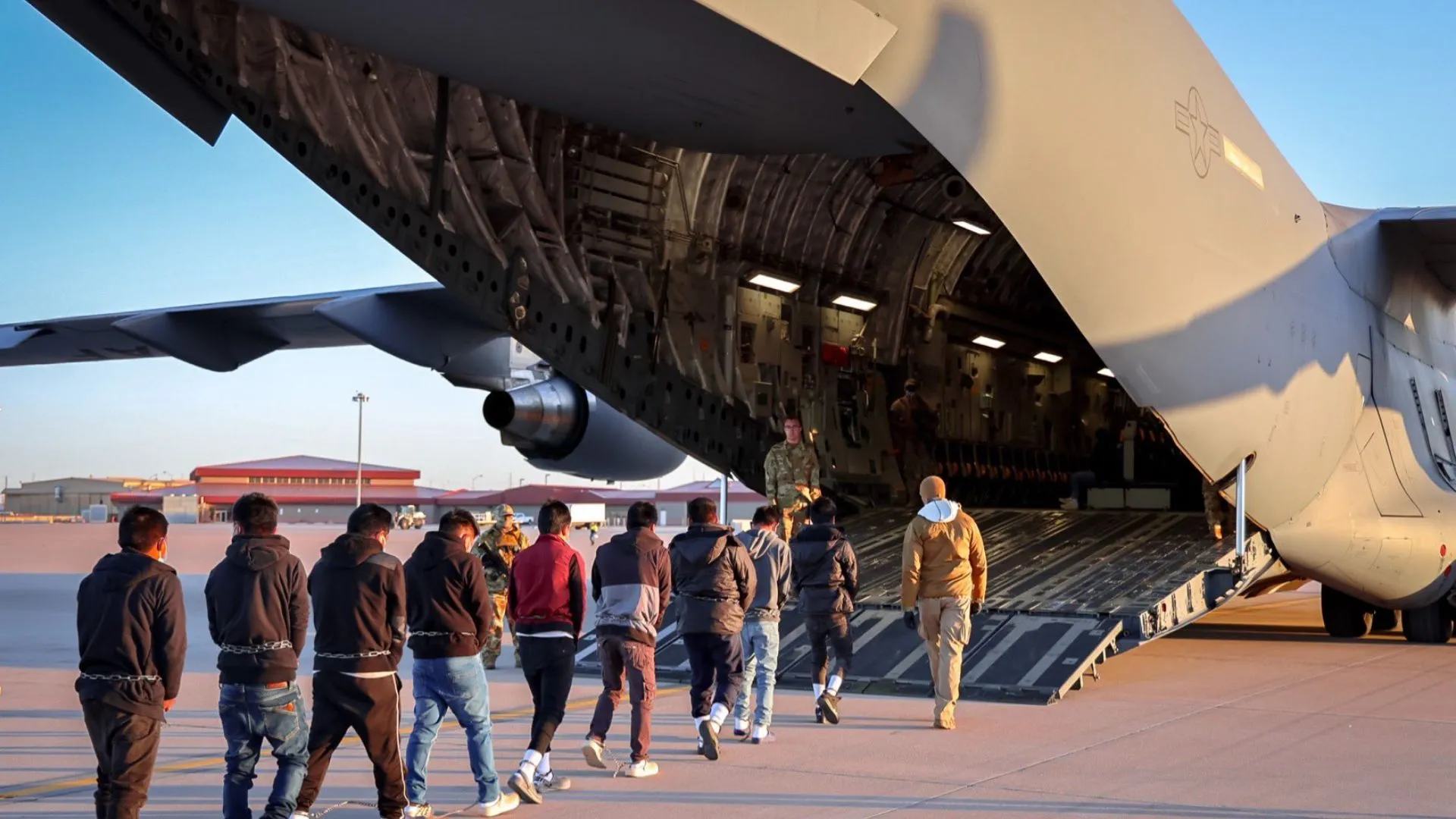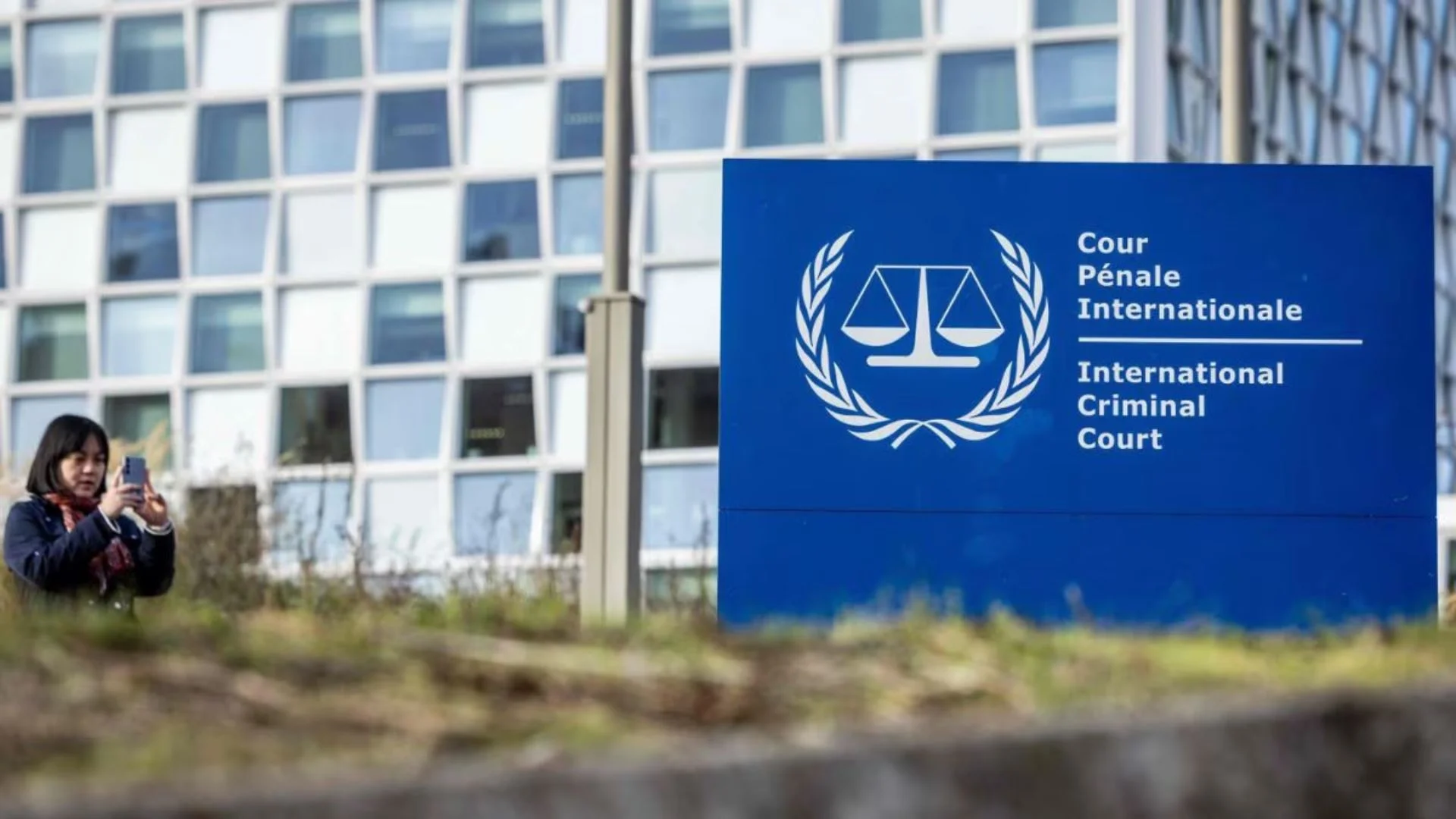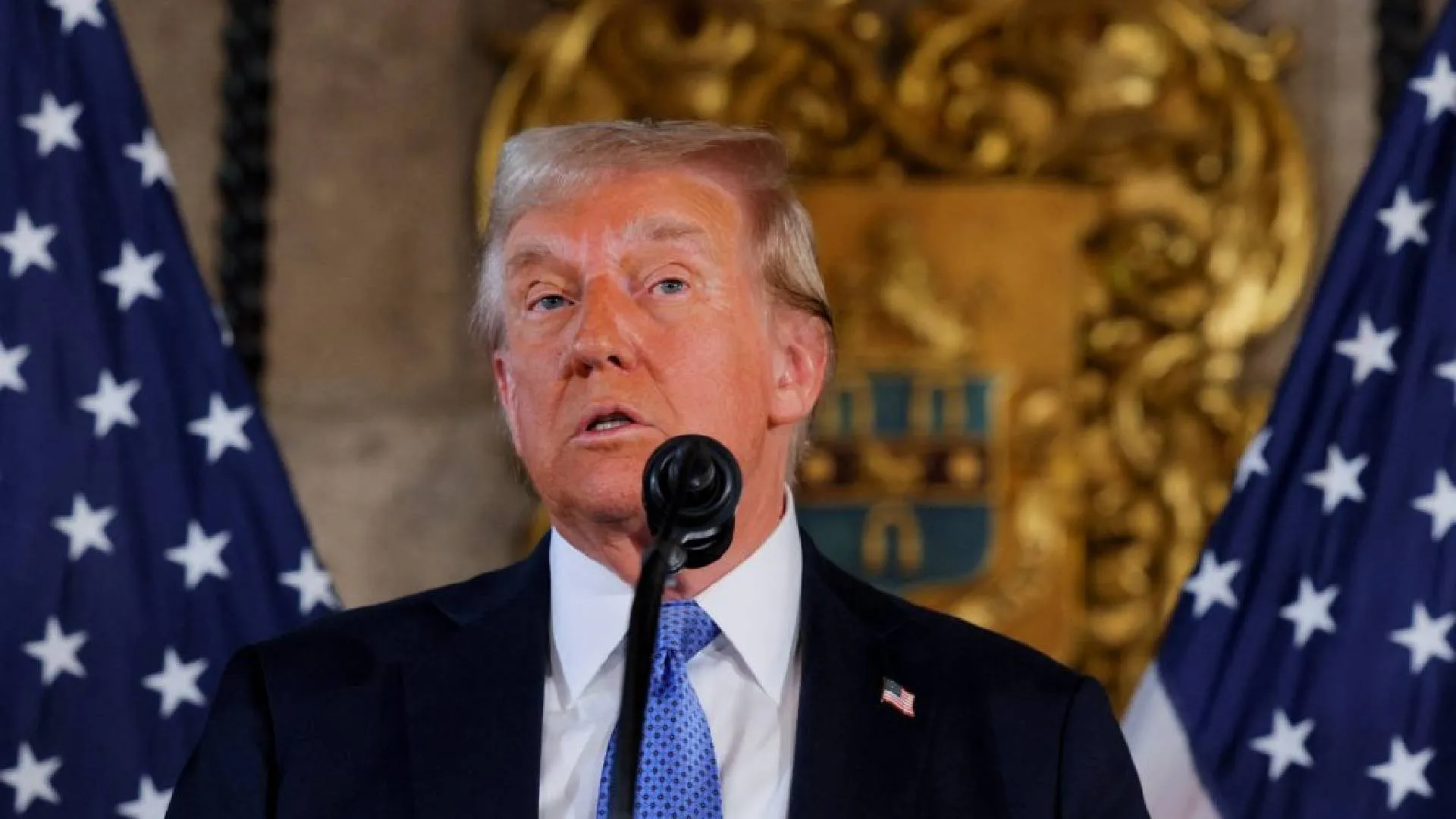Taiwan has raised its alert level following China’s establishment of seven zones of reserved airspace and the deployment of naval fleets and coast guard boats. A security source described this as the first military drills conducted across a broad area of the region’s waters.
A senior Taiwan security official informed the media that China currently has nearly 90 navy and coast guard ships operating near Taiwan, the southern Japanese islands, and the East and South China Seas, with approximately two-thirds of these vessels being navy ships.
China’s Military Exercises in Response to Taiwan’s Actions
Beijing’s defense ministry did not immediately respond to a request for comment from Reuters. China, which claims Taiwan as its own territory, was anticipated to initiate another round of military exercises in response to Taiwan President Lai Ching-te’s recent trip to the Pacific, which included stops in Hawaii and the U.S. territory of Guam, according to security sources.
Taiwan’s defense ministry stated that China has set up seven “temporary reserved areas” of airspace to the east of its Fujian and Zhejiang provinces, effective from Monday to Wednesday. These zones are temporarily allocated for specific users, although other flights can pass through with permission from air traffic controllers, by international regulations.
Taiwan Activates Combat Readiness
In Washington, the White House did not immediately respond to a request for comment. The Taiwan security official, who spoke on the condition of anonymity, noted that the scale of China’s navy and coast guard deployment is larger than the previous two major drills around Taiwan this year, referred to as “Joint Sword 2024-A” and “Joint Sword 2024-B.”
“For the first time, they are targeting the entire island chain,” the source said, referring to an area extending from Japan through Taiwan, the Philippines, and down to Borneo, effectively enclosing China’s coastal seas. “They are meant to achieve total military intimidation by positioning to control the inner part of the island chain.”
Taiwan’s military has activated its “combat readiness exercises” at strategic locations, with naval and coast guard vessels closely monitoring Chinese military activities. “Any unilateral and irrational, provocative actions could seriously damage peace and stability in the Indo-Pacific, and that will not be welcomed by the international community,” Taiwan’s defense ministry stated.
Concerns Over ‘Grey Zone Harassment’
The rationale behind China’s reserved airspace zones remains unclear, according to Wang Ting-yu, a senior lawmaker for Taiwan’s ruling Democratic Progressive Party. “They are likely to run military activities, or it’s only just a false alarm meant to exert political pressures,” Wang said, who leads the parliament’s defense and foreign affairs committee. “Please be a civilized neighboring country. Don’t be a troublemaker all the time.”
Taiwan’s coast guard reported that seven Chinese coast guard ships have been engaging in “grey-zone harassment” against the island since earlier in the day. The coast guard emphasized that China does not have the right to conduct any intrusion or law enforcement actions in Taiwan’s waters, asserting Taipei’s right to take necessary measures in response.
Taipei has accused China of employing “grey-zone” tactics that stop short of actual combat to test and pressure Taiwanese forces, including daily air force and navy missions around the island and regular coast guard patrols.
Rising Tensions and International Concerns
Beijing has labeled Lai a “separatist” and has dismissed his repeated calls for dialogue. Lai and his government reject Beijing’s sovereignty claims, asserting that only the people of Taiwan can determine their future.
China’s military posturing around Taiwan, as well as in the disputed South China Sea, has heightened fears of potential conflict. U.S. Defense Secretary Lloyd Austin, addressing U.S. sailors at the Yokosuka naval base in Japan on Monday, stated that China is the only country in the world with the intent and increasingly the capability to alter the rules-based international order. “And so we want to see this region, this area remain open to freedom of navigation and the ability to fly the skies and international airways whenever we want to,” he added.

